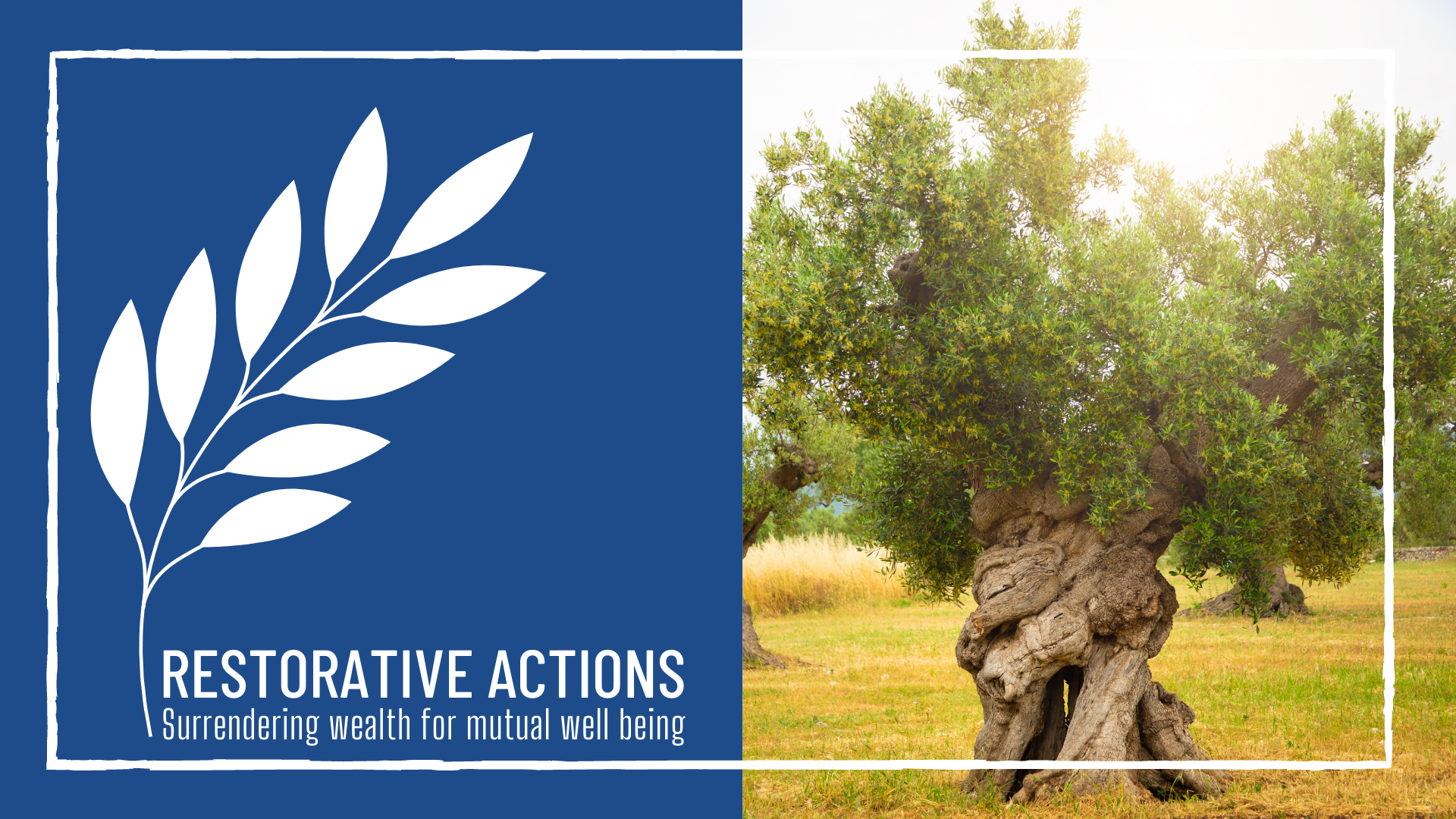Center for Asian American Christianity gathering focuses on mental health
February 23, 2023

Dr. Jessica ChenFeng
“Jesus came to give us life to the full. Is life to the full having a secure job and taking care of our families well, or could it be life to the full is that I feel true internal freedom?” said Dr. Jessica ChenFeng, quoting John 10:10 in the opening keynote for the “Pursuit of Asian American Happiness” virtual conference recently hosted by the Center for Asian American Christianity at Princeton Theological Seminary.
The ecumenical conference is in its second year and drew over 275 attendees to its two afternoon keynotes by ChenFeng, associate professor of marriage and family therapy at Fuller Theological Seminary, and Jess Cho Kim, a licensed clinical social worker, activist and church elder in New Jersey. The keynote speakers focused on the causes of Asian American mental health challenges as related to histories of migration, racialized trauma and cultural taboos, then spoke to the role that the Asian American church can play in healing.
“I want to validate that for someone who has lost so much in the immigration process, it makes sense that some of the biggest dreams for their family is simply educational and financial stability,” said ChenFeng.

Jess Cho Kim
In her life and her practice, she has watched these losses manifest themselves in the distance from an original country, culture, language and extended family; in the emotional labor and financial costs of maintaining bonds and supporting family overseas; in the language gap between first, second and third generations; and in the stoicism necessitated by survival, by linguistic dislocation and by the stress of trying not to harmonize while not fully prepared to face the racialized society that is America.
Subsequent generations experience these losses through the silences when they must learn of their cultural migration stories through school rather than in deep discussion with older generations, especially when those stories include escape from war and involve racialized violence.
“My dream is that we would hope for healing that goes beyond the tangible and the concrete, that we would have relational connection that is meaningful,” said ChenFeng. “We would be known, be seen and loved by our communities, by other racial groups, that there’s true freedom from generational pain, that we can live with a deeper faith, hope and love, and that there’s a mutual connection with siblings at church and neighbors in the community.”
 ChenFeng pointed out that it is often Asian American churches that play a role in defining what is real for families struggling with the psychic costs of immigration and trauma. Pastors who preach about mental health issues and who actively address the legacies of their own family trauma normalize their existence and offer hope for a way through.
ChenFeng pointed out that it is often Asian American churches that play a role in defining what is real for families struggling with the psychic costs of immigration and trauma. Pastors who preach about mental health issues and who actively address the legacies of their own family trauma normalize their existence and offer hope for a way through.
In the second keynote, Cho Kim also emphasized the role the pastor can play in integrating mental health into the flourishing of individuals and the community. Cho Kim acknowledged that Asian Americans represent 50 different ethnic groups speaking more than 30 languages. “We’re very diverse, but we do know that 42% of Asian Americans identify as Christian … and we know they seek their church leaders before they go to mental health professionals.”
Cho Kim, who has developed a mental health training program for Korean American church leaders through the Mustard Seed Generation, where she serves on the board, offered a model of how to set up a mental health ministry that involves more than just the preacher. She suggested setting up a mental health team of three members with representation from a licensed professional and people with experience facing their own challenges or giving care to others who have.
Cho Kim concluded with a call to action, saying we can’t afford to ignore the mental health of Asian Americans any longer because the mental health system is broken and under-resourced. She cited how “post-Covid, Asian American mental health challenges are on the rise.”
“As Christians, we’re called to bear one another’s burdens,” Cho Kim said, quoting Galatians 6:2. “Jesus cared about our minds, bodies and spirits. … Loving our neighbors means we are to care about the mental health of others.”
Beth Waltemath, Communications Associate, Presbyterian Mission Agency
Let us join in prayer for:
PC(USA) Agencies’ Staff
Nicholas Skaggs, Processing Archivist, Presbyterian Historical Society
Eva Slayton, Mission Specialist, 1001 New Worshiping Communities, Presbyterian Mission Agency
Let us pray
Good and gracious God, we rejoice that you have called us to be your own and serve your church. We give thanks that by your Holy Spirit, you give us what we need to fulfill your call upon our lives. Inspire us to use what you have given that we might grow in your knowledge and bear the fruit of our faith in Christ’s name. Amen.

No comments:
Post a Comment